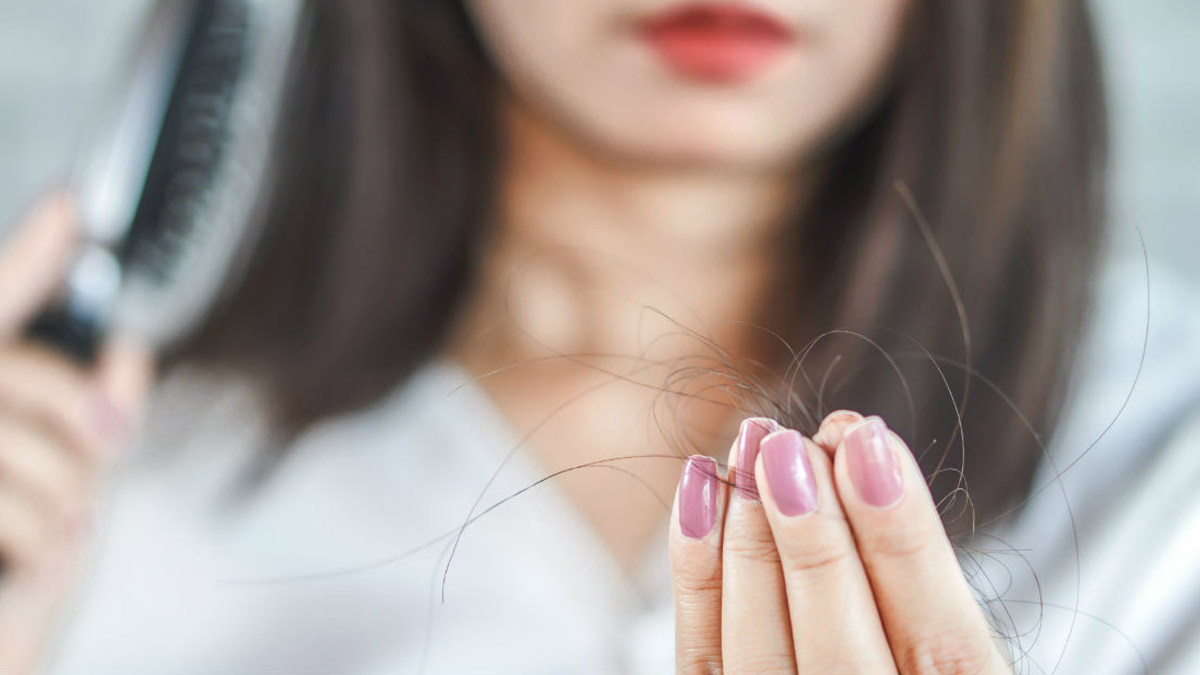
Losing your hair can be one of the most distressing side effects of chemotherapy. The prospect of hair loss adds an emotional burden to an already challenging cancer journey. Understanding what to expect, how to manage the situation, and exploring preventive measures can help you cope better with this temporary but significant change.
Table of Content:-
Understanding Chemotherapy-Induced Hair Loss
As per Dr Rinky Kapoor, Consultant Dermatologist, Cosmetic Dermatologist & Dermato-Surgeon, The Esthetic Clinics, chemotherapy involves the use of potent drugs designed to target and destroy fast-growing cancer cells. Unfortunately, these drugs also affect other rapidly dividing cells in your body, including those in your hair follicles. This disruption causes hair to fall out, not just on the scalp, but potentially all over the body, including eyebrows, eyelashes, and other body hair.
Different chemotherapy drugs and dosages can result in varying degrees of hair loss. Some might only cause thinning, while others lead to complete baldness. It’s crucial to discuss with your healthcare team which specific drugs you'll be receiving and what side effects to expect.
Timeline of Hair Loss
Typically, hair loss begins within two to four weeks after starting chemotherapy. This loss can happen suddenly, with clumps of hair falling out, or it can occur more gradually. You may notice increased hair shedding on your pillow, in your brush, or in the shower. Alongside this, your scalp may become tender.

Hair loss usually continues throughout the treatment and may persist for a few weeks afterwards. The extent of hair loss varies among individuals and depends on the specific chemotherapy regimen.
Hair Regrowth Post-Chemotherapy
Hair regrowth usually starts several weeks after the completion of chemotherapy. Most patients begin to see new hair growth three to six months after their last treatment. Initially, the new hair might differ in texture and colour from your previous hair. It might be curlier, straighter, or greyer, but these changes are often temporary as the hair follicles gradually return to normal function.
Also Read: Hina Khan Kickboxes Less Than A Week After Breast Cancer Surgery; Is It Ideal?
Preventive Measures and Treatment Options
There is no guaranteed method to prevent chemotherapy-induced hair loss. However, some treatments can potentially reduce its severity. One such method is scalp cooling, which involves wearing a cold cap during chemotherapy sessions. The cooling reduces blood flow to the scalp, thus limiting the amount of chemotherapy drugs reaching the hair follicles.
While some studies indicate that cold caps can be effective, they also carry a small risk of cancer recurrence in the scalp area. Additionally, the efficacy of scalp cooling varies, particularly among individuals with tightly curled or coiled hair.
Caring for Your Hair During Chemotherapy
Taking gentle care of your hair before, during, and after chemotherapy can help manage hair loss:
Before Chemotherapy
- Be Gentle: Avoid harsh treatments like bleaching, colouring, or perming your hair. These can weaken hair shafts and make hair more prone to falling out.
- Consider a Haircut: Short hair can make hair loss less noticeable and might help ease the emotional transition.
- Plan for Head Coverings: Decide whether you want to use wigs, scarves, or hats. It's easier to plan for these options early, and some health insurance policies may cover the cost of a wig.
During Chemotherapy
- Maintain a Gentle Routine: Use a soft brush and wash your hair only as needed with gentle shampoos.
- Shave Your Head: Some people find it less distressing to shave their head entirely rather than deal with gradual hair loss. This can also reduce scalp irritation.
- Protect Your Scalp: Use sunscreen or wear hats to protect your scalp from sun exposure and cold weather. A sensitive scalp can be easily irritated by the elements.
After Chemotherapy
- Continue Gentle Care: Newly regrowing hair will be delicate and more susceptible to damage. Avoid chemical treatments and heat styling until your hair has regained strength.
- Be Patient: Hair regrowth is a slow process, and it may take time for your hair to return to its former state.
Bottomline
While chemotherapy-induced hair loss can be a challenging and emotional experience, understanding what to expect and how to manage it can help you navigate this aspect of your cancer treatment. Discussing your concerns with your healthcare team and exploring available options for hair care and coverage can provide some comfort and control during this difficult time. Remember, hair loss from chemotherapy is usually temporary, and regrowth is an encouraging sign of recovery.
Also watch this video
How we keep this article up to date:
We work with experts and keep a close eye on the latest in health and wellness. Whenever there is a new research or helpful information, we update our articles with accurate and useful advice.
Current Version